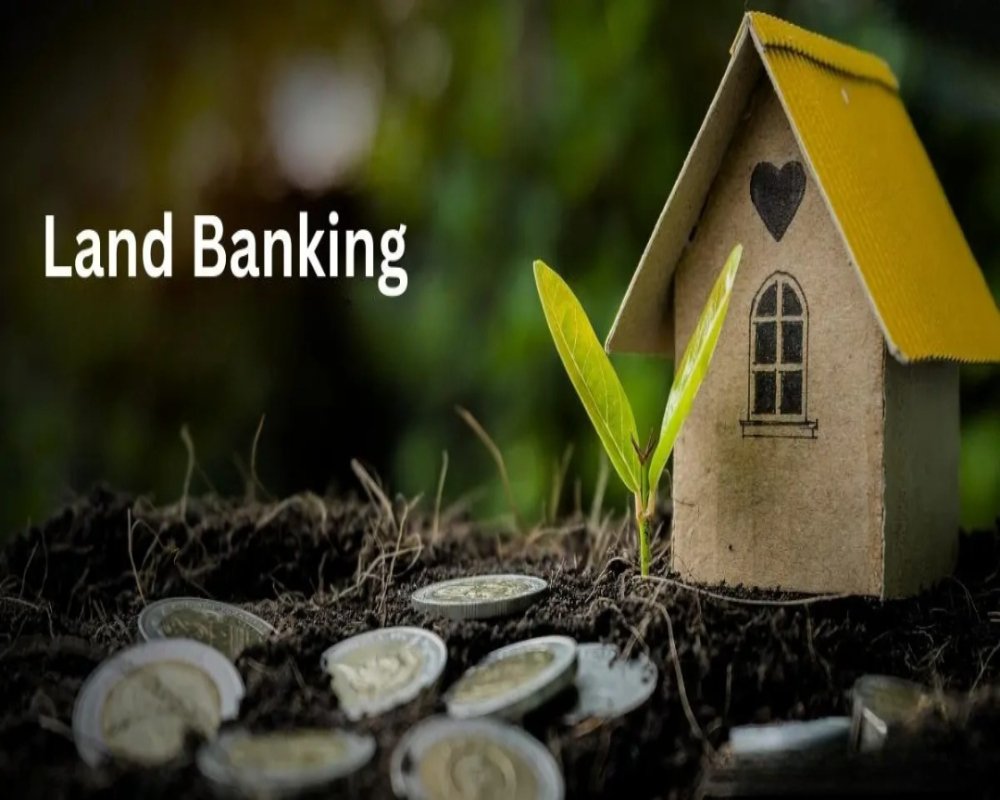1. Potential for High Long-Term Returns
Investing in land can yield significant returns over time, especially when the land is situated in areas poised for growth. As urban centers expand and infrastructure projects develop, the value of strategically located land tends to appreciate substantially. This appreciation can result in substantial profits upon sale or development.
2. Low Maintenance and Holding Costs
Unlike developed properties, raw land requires minimal upkeep. There are no buildings to maintain, tenants to manage, or utilities to service. This low-maintenance aspect makes land banking a cost-effective and passive investment option, allowing investors to hold the asset with relatively low ongoing expenses.
3. Diversification and Inflation Hedge
Land is a tangible, finite asset that often appreciates over time, making it a valuable addition to a diversified investment portfolio. It serves as a hedge against inflation, as land values typically rise with the cost of living. Including land in your investment strategy can provide stability and reduce overall portfolio risk.


